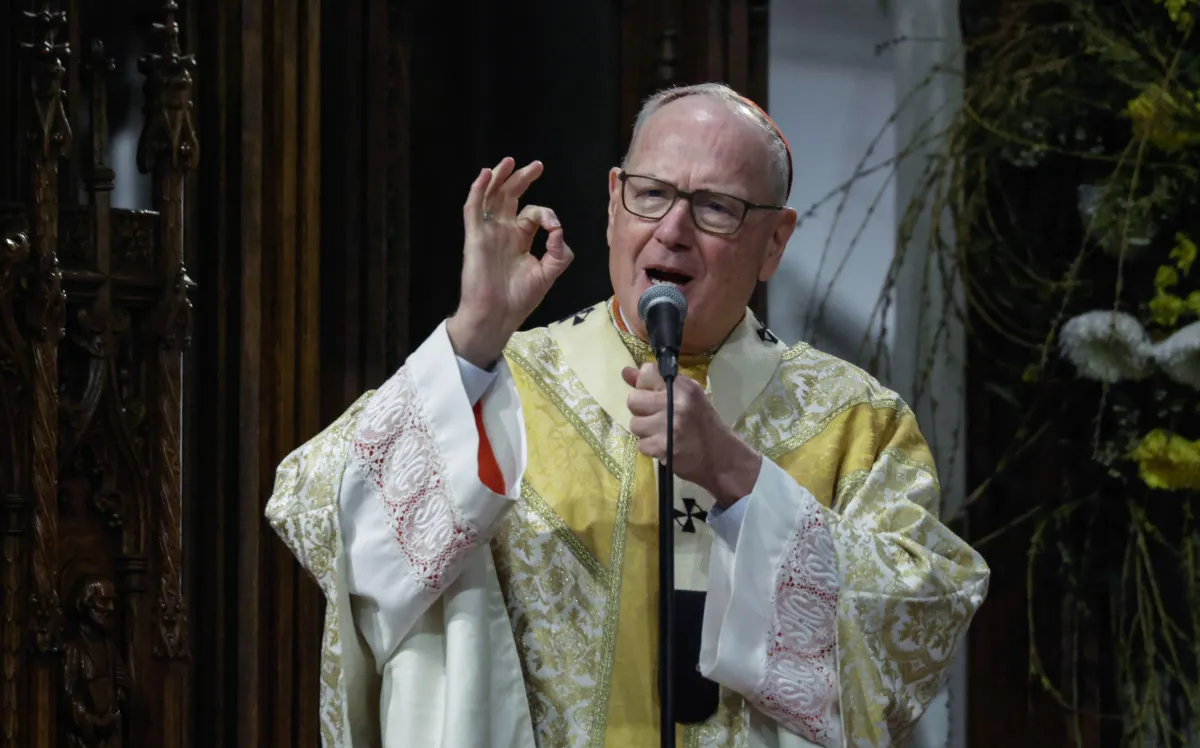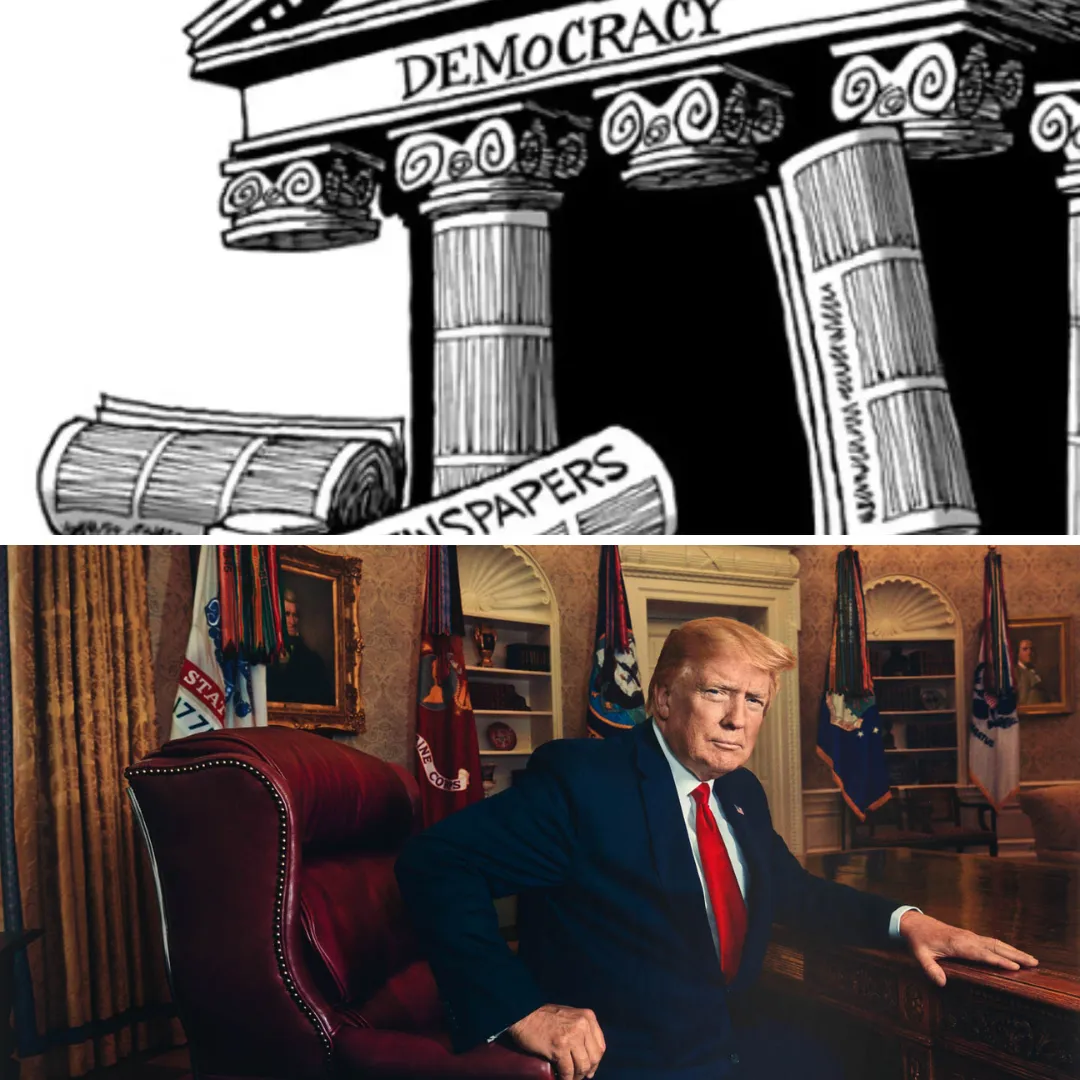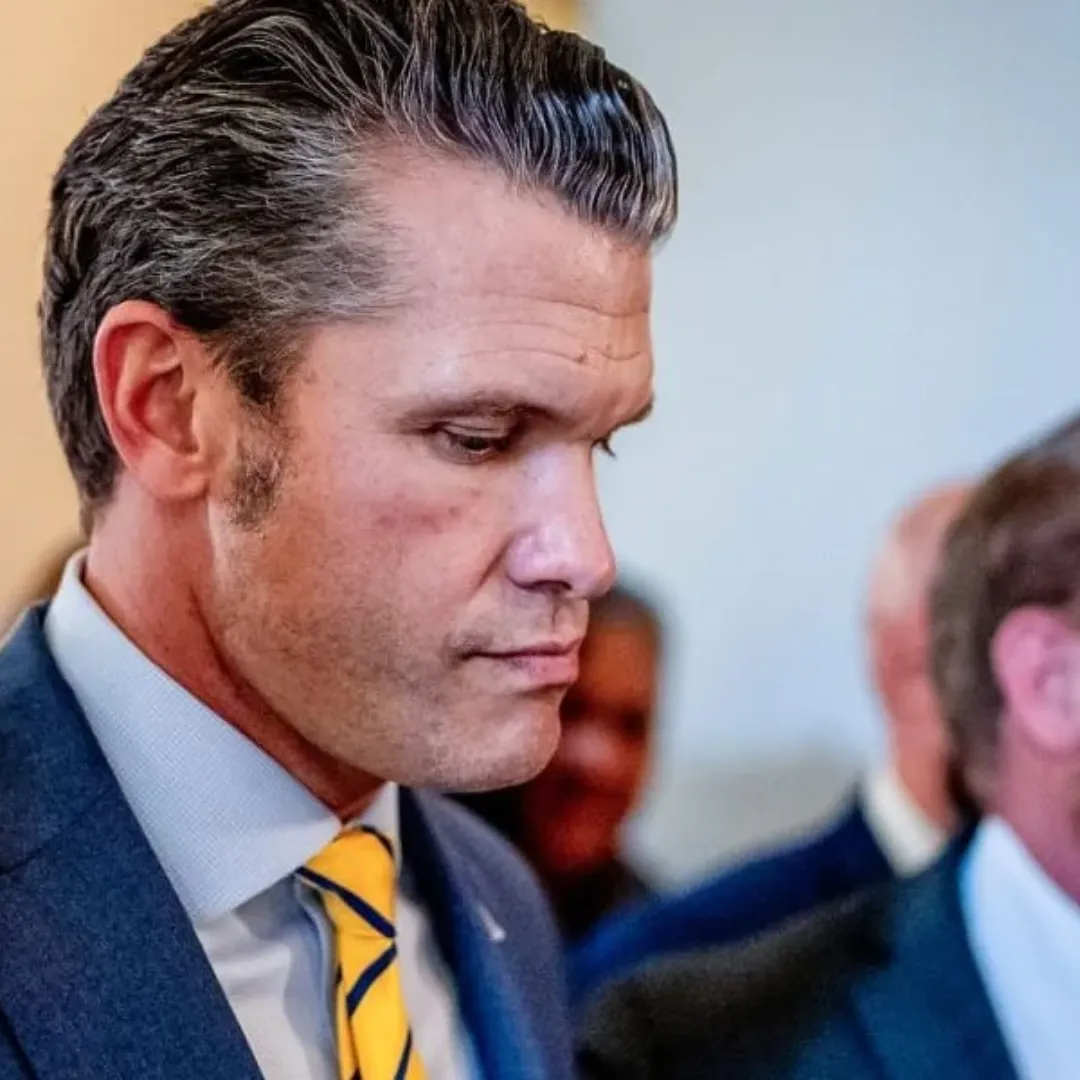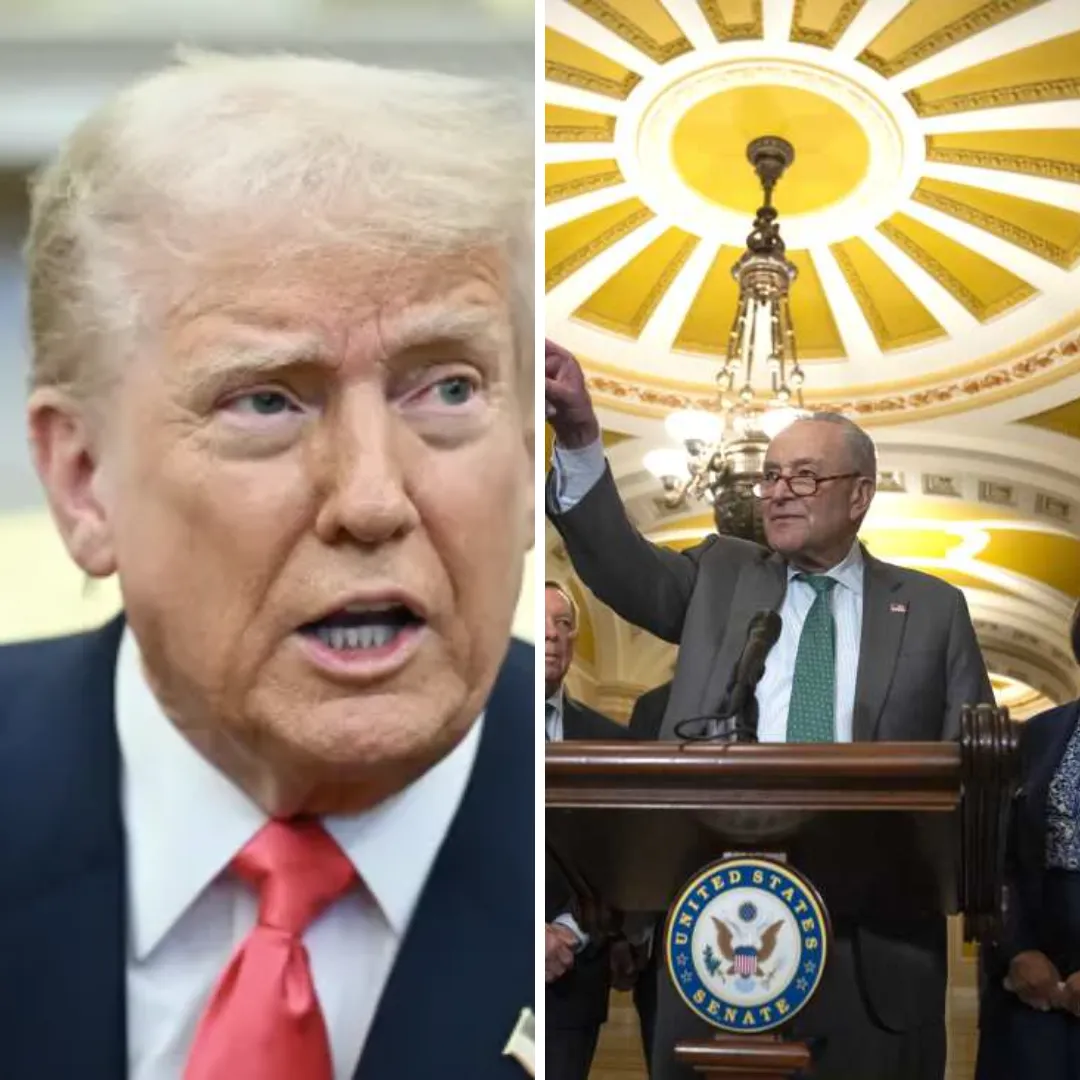
President Donald Trump used a commencement address at the University of Alabama on Thursday to boast about what he described as a dramatic reversal in how the country’s top technology executives now view him, claiming that many of those who once opposed him are now among his most vocal supporters.
“If you look at some of these internet people, I know so many of them,” Trump said to the crowd of graduates and families. “Elon is so terrific. You know, they all hated me in my first term, and now they’re kissing my a--.”
“It’s amazing,” he added. “It’s nicer this way.”
The president’s comments referenced a new alignment between his administration and several influential figures in the technology industry who, during his first term, were critical of his policies, statements, and leadership style.
Four years later, Trump is openly celebrating what he sees as a shift in their attitudes—one that began taking shape in the months leading up to his second inauguration.
While his first term was marked by tension between the White House and Silicon Valley, including clashes over content moderation, immigration, and data privacy, many of the same executives have recently sought to rebuild ties with Trump as he reentered office.
Among those mentioned or alluded to were Meta CEO Mark Zuckerberg, Amazon founder Jeff Bezos, Apple CEO Tim Cook, Microsoft CEO Satya Nadella, and OpenAI CEO Sam Altman, a known Democratic donor.
All reportedly visited Trump’s Mar-a-Lago resort in the final weeks of 2024, according to multiple sources familiar with their travel schedules. Each visit was described as an effort to reestablish rapport, build personal goodwill, or discuss key policy areas expected to dominate Trump’s second term.
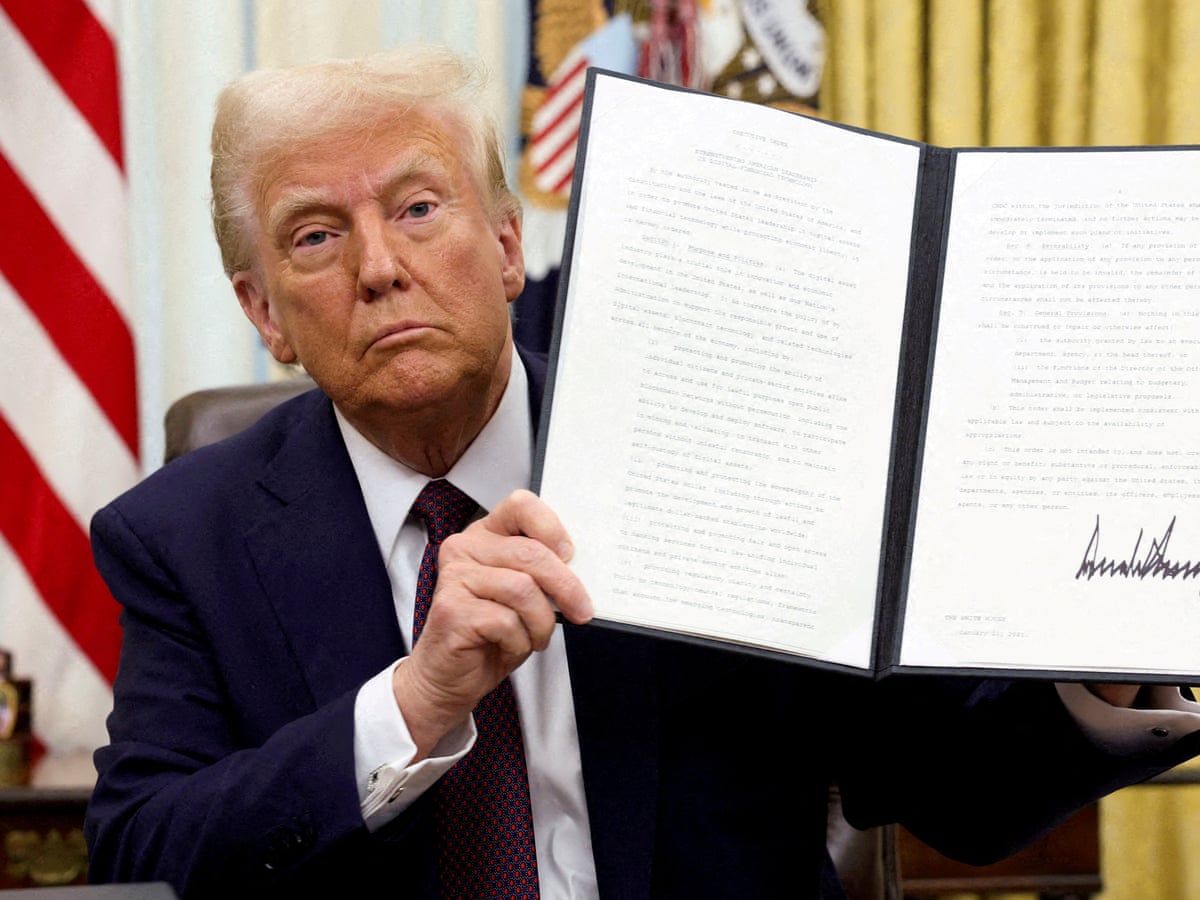
Some of these individuals, including Altman, also contributed to Trump’s inaugural committee, signaling a willingness to align—at least symbolically—with the incoming administration.
Musk, who had been highly critical of Trump early in his political career, is now one of the president’s closest allies. Last year, he raised close to $250 million for Trump’s campaign and now leads the Department of Government Efficiency, a cost-cutting initiative launched in January.
“In the first term, they didn’t know what happened,” Trump told the crowd. “Because I won an election that nobody thought I could win. There was never a businessman that won a presidential election.”
He continued, “When I ran, everyone said, ‘He can’t win. He’s a businessman. That’s not going to work.’ But you know, you have a natural instinct for things. I guess I had a natural … I said to somebody, ‘Was I a better businessman or politician?’
And they said, ‘Well, there are a lot of guys that made a lot of money, but there’s only one businessman who became president. So I guess you’re a better politician.’”
Trump then said he does not consider himself a traditional politician. Instead, he described himself as someone who brought a business mindset into the Oval Office and applied it to decision-making, diplomacy, and reform.
“I think of myself as a businessman who stepped up to lead when it was needed,” he said. “And the results speak for themselves.”
The crowd offered warm applause throughout the address, which blended personal anecdotes with political commentary. While the remarks were billed as nonpartisan and part of a graduation ceremony, Trump’s speech veered often into familiar themes, including his long-standing grievances with political elites, the media, and segments of the corporate world that opposed his rise to power.

While Trump praised several technology leaders for now showing him what he views as overdue respect, the relationship between the administration and the tech industry remains complicated. Despite the thaw in personal interactions, the policy environment has not grown easier for Big Tech.
Within his first 100 days of returning to the White House, Trump reimposed tariffs on a range of imports, including components used heavily by tech manufacturers. His administration has also made renewed antitrust enforcement a centerpiece of its second-term agenda, a move that could affect companies like Apple, Amazon, and Meta.
In addition, Trump has continued to accuse major tech platforms of censorship, often claiming that conservative voices are silenced while liberal ones are amplified. He has called for increased oversight of content moderation decisions and warned that if companies do not change course, regulatory action could follow.
Some companies have scrambled to respond. Others are reportedly waiting to see how enforcement patterns develop over time. Internally, several firms have begun to reassess their public communications and lobbying strategies in anticipation of a White House more assertive in shaping how tech giants operate.
Despite that tension, Trump’s speech reflected confidence that his presence in office had shifted the posture of many leaders who once kept their distance. He portrayed their newfound warmth as both personal vindication and a sign that business leaders are beginning to recognize what he called the strength of his “instinctive” leadership.
“They’ve come around because they see results,” Trump said. “They see that things get done. And when things get done, people start showing up.”
Although his remarks were met with applause from the audience, reactions from within the tech sector have been more muted. Company spokespeople declined to comment on Trump’s characterization of their visits to Mar-a-Lago, and few have publicly addressed their relationship with the administration since the election.
Aides to the president say that the White House views the recent outreach from Silicon Valley as a positive development, especially as the administration continues to face scrutiny over its economic policies and antitrust enforcement priorities.
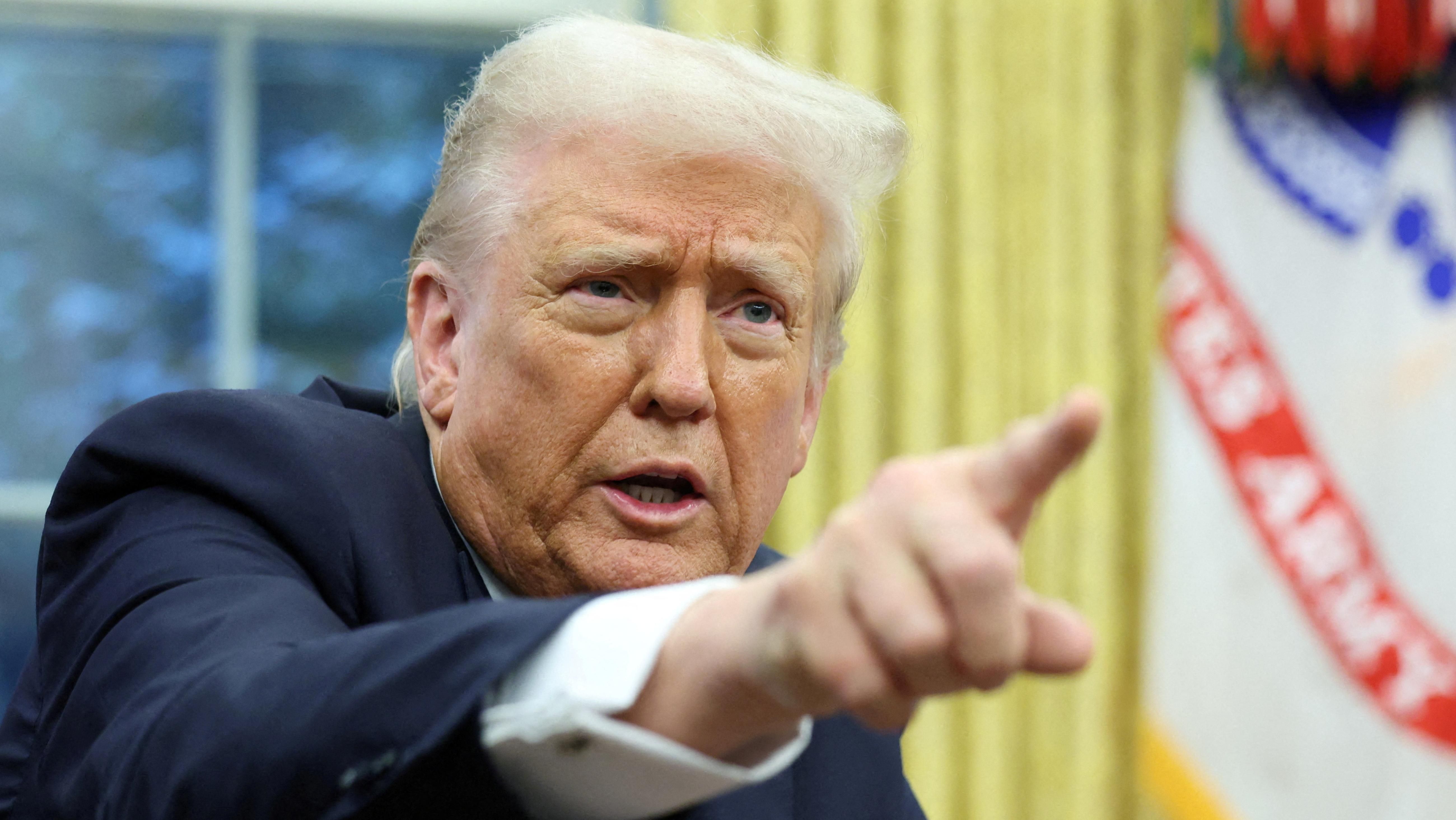
One official, speaking on background, said, “There’s been a realization that the Trump administration is going to set the terms of how business gets done in this country for the next four years. Tech leaders don’t want to be left out of that conversation.”
Trump’s speech at the University of Alabama was his second public appearance this week, and part of a broader effort to mark his first 100 days back in office with a mix of policy events and political celebrations.
\The speech, though nominally a commencement address, served as a reminder of how Trump uses any platform—whether campaign, ceremonial, or formal—to reinforce his narrative of transformation and success.
As the president continues to define the character of his second term, it remains to be seen how long the warmth between his administration and the country’s largest tech companies will last. For now, Trump seems satisfied with the public pivot—and eager to remind the world of it.
“It’s a lot nicer this way,” he said again near the close of his remarks. “Much nicer.”
